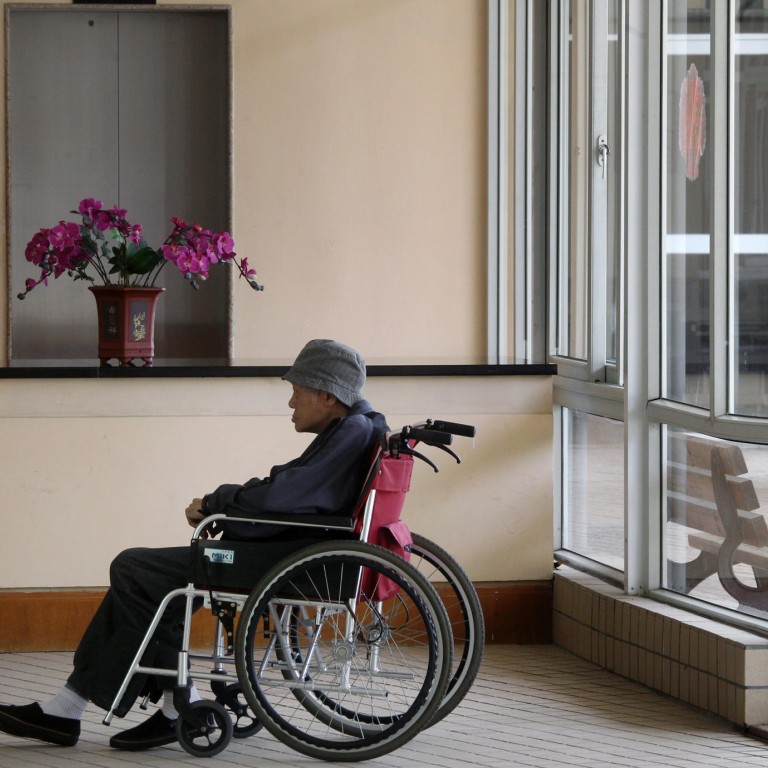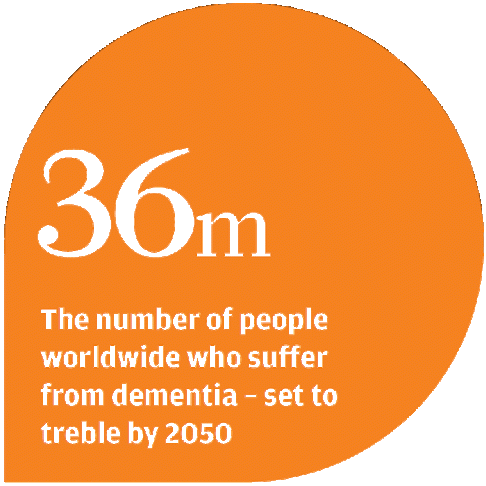
Care is failing to keep up with rise in dementia: expert
As study by Post finds the number of people killed by the disease has risen fourfold, expert warns as few as one in 10 has specialist help
Care facilities are failing to keep up with growth in the number of dementia sufferers, an expert has warned, as new figures show the number of Hongkongers killed by the condition quadrupled over the past decade.

"Dementia is becoming more common because there is a longer life expectancy for Hongkongers," said Leung. "Also, more people have access to dementia diagnosis as the awareness of the condition increases."
Leung said about 10 per cent of people aged 65 or above suffered from dementia, but this rose to more than 30 per cent for people aged 85 or above.
His comments followed a study by the that found the number of Hongkongers killed by dementia-related illnesses almost quadrupled from 256 in 2003 to 1,000 in 2013, according to data from the Department of Health. The increase meant dementia was the eighth biggest cause of death in terms of numbers of Hongkongers killed. In 2003 it was the 10th.
Dementia is a syndrome or group of symptoms - one of the most common is Alzheimer's disease - that damage the brain's cognitive abilities, affecting aptitudes such as thinking and reasoning. In severe stages, the brain damage can lead to organ failure.
Leung said there was as yet no cure, but there were medicines and training exercises that could slow deterioration.
He added that only about 30 day-centres in the city, mostly self-financed, offered such treatment, and that because it cost about HK$6,000 a month, many sufferers could not afford it.
Patients at public hospitals also faced waits of a year or longer for the condition to be diagnosed.
"We hope that the government can increase resources and support towards dementia patients," Leung said. "We hope that at least patients will be able to enjoy a better quality of life with their family in the early stages of the condition before it turns severe and [they become] unable to communicate."
The organisation Leung manages was founded by, and named after, the Nobel Prize-winning "father of fibre optics", Charles Kao, who himself suffers from dementia. It is chaired by Kao's wife Gwen.
According to the World Health Organisation there are 35.6 million people living with dementia worldwide. The number is forecast to double by 2030 and more than treble by 2050.
The organisation said dementia was overwhelming not only for sufferers, but also for their caregivers and families. It said there was a lack of awareness and understanding of dementia in most countries, resulting in stigmatisation and barriers to care.

